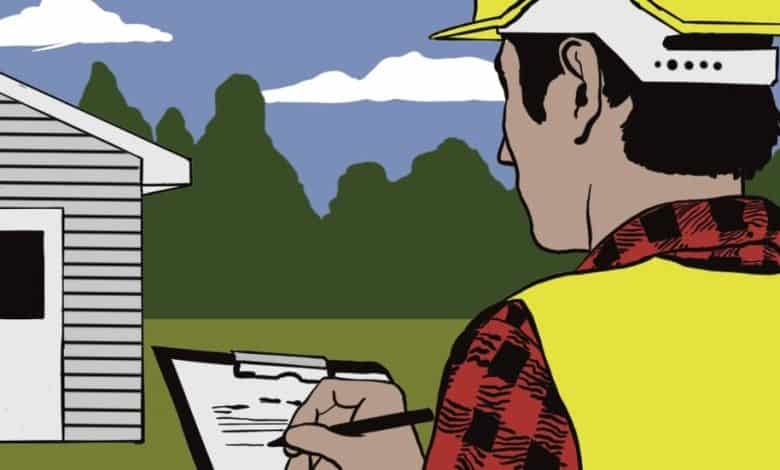How to Make the Most of a Home Inspection

Q: Home inspections can give buyers some peace of mind — or some leverage — when it comes to the biggest investment they may ever make. But the process can feel overwhelming, especially for inexperienced buyers: How do you find the right inspector, and what should you look for when hiring one? What questions should you ask an inspector, and what should you pay attention to during the inspection? We spoke with some experts to get clarity on how to make the most of an inspection.
A: If you’re trying to buy a home, the inspection should cover major systems and physical components of the home. The key is to take an active role in the process.
The items that are covered in home inspections can vary greatly, as can the experience and professionalism of the inspector. Some states don’t regulate home inspectors, while others require licenses and a list of items in the house that must be inspected. In New York, that list includes the heating and cooling systems, plumbing and electrical, and structural components like the foundation and the roof.
To find a qualified inspector, you could get referrals from friends or family, but don’t use a referral from someone with an interest in closing the sale. Search the registries of home inspectors’ professional organizations, such as the American Society of Home Inspectors, which requires its members to follow a standard of practice and adhere to a code of ethics.
“Just because you hire a licensed home inspector, don’t think they’re going to be looking at everything,” said Lisa Alajajian Giroux, a home inspector in Massachusetts and the 2023 president of the American Society of Home Inspectors.
So interview prospective inspectors and ask them what they will check (and what they won’t) to determine if you’ll need to hire a specialized inspector for things like pests, a pool, a deck or a chimney. Ask how long they will spend at the house — a low-cost inspection could mean that the inspector isn’t taking enough time to thoroughly examine the property. Ask about the ensuing report — will it be a narrative explanation of what they found, a checklist, or something else?
When the day comes, follow the inspector around the home so you can better understand what is found, and whether the issues are serious and urgent. Ask questions. “If there are serious issues, they can be raised in order to negotiate a reduced price or to require the seller to perform repairs,” said Andrew D. Brodnick, a real estate litigator based in Westchester County.
The final report will make more sense if you were present for the inspection.
For weekly email updates on residential real estate news, sign up here.